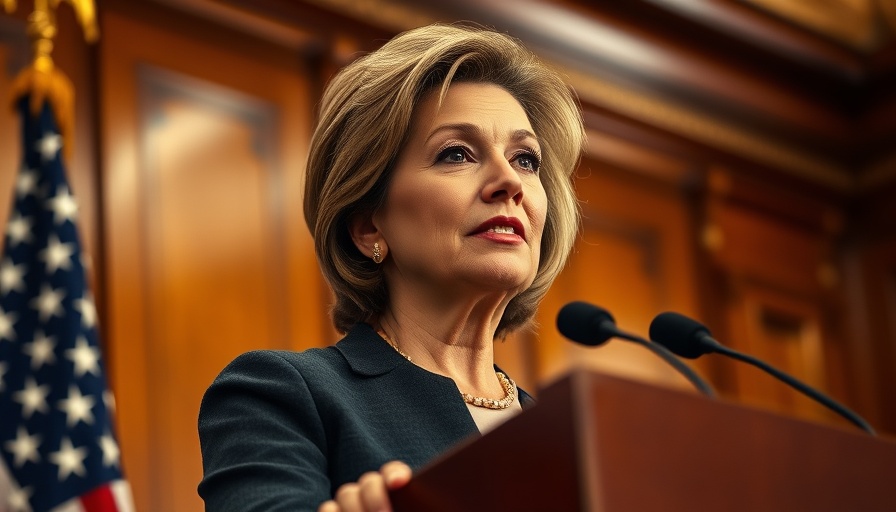
New York's Bold Move Towards AI Safety: What You Need to Know
New York state lawmakers made a significant decision on June 13, passing the RAISE Act, a crucial bill aimed at regulating the development and deployment of advanced artificial intelligence (AI) technologies. This legislation comes in response to growing concerns that AI models developed by major tech companies could potentially lead to catastrophic outcomes, such as mass casualties or substantial financial losses.
Understanding the RAISE Act's Provisions
The RAISE Act is designed to create strict transparency standards for frontier AI labs that develop models capable of reaching or surpassing human-level intelligence. According to the bill, these labs must publish detailed safety and security reports regarding their AI systems. If these organizations fail to meet the required safety standards, New York’s attorney general has the power to impose severe penalties, potentially reaching up to $30 million.
The Safety Movement Gains Momentum
This legislative advancement is often seen as a victory for advocates of AI safety. Prominent figures in AI research, such as Geoffrey Hinton and Yoshua Bengio, have been vocal supporters of this bill. They highlight that the potential dangers associated with rapid AI advancements necessitate proactive measures to mitigate risks before they manifest as real-life disasters. This proactive approach marks a shift from earlier trends where safety concerns were overshadowed by Silicon Valley's relentless push for innovation.
Lessons from California’s Experience
Interestingly, the RAISE Act shares some similarities with California’s failed AI safety bill, SB 1047, which faced criticism for potentially stifling innovation. New York’s Senator Andrew Gounardes, a co-sponsor of the RAISE Act, emphasized that the bill was intentionally crafted to avoid such pitfalls. He stated, “The window to put in place guardrails is rapidly shrinking given how fast this technology is evolving.” Unlike SB 1047, the RAISE Act aims to maintain a balance between safety and innovation, reassuring stakeholders that it will not unduly hinder technological progress.
What Does This Mean for AI Companies?
For major players in the AI industry—such as OpenAI, Google, and their counterparts abroad—the RAISE Act signifies that they must take AI ethics and safety much more seriously than before. The proposal mandates that companies generating training models that involve over $100 million in computing resources must comply with these new transparency standards if they wish to operate within New York's jurisdiction.
The Broader Implications of AI Regulation
This legislation is not merely a localized measure; it reflects a growing global recognition of the need for stringent AI regulations. Countries around the world are grappling with how to handle the rapid rise of AI technologies. The RAISE Act could serve as a model for other states or nations looking to impose similar safeguards, sparking a larger conversation about AI governance on a global scale.
Future Predictions: AI Safety and Beyond
As technology continues to evolve, experts suggest that regulatory measures will become more stringent, emphasizing ethics over unbridled innovation. Given the concerns expressed by researchers and safety advocates about AI risks, we may very well see a new era of AI development characterized by comprehensive oversight and rigorous safety standards. This could ultimately lead to innovations that are not only groundbreaking but also safe and responsible.
Conclusion: Navigating the Future of AI
The push for the RAISE Act underscores a pivotal moment in the conversation about AI technology and its potential societal impacts. As companies navigate these new regulatory waters, the benefits of prioritizing ethical considerations cannot be overstated. The lessons learned from the RAISE Act may pave the way for a safer tomorrow, illustrating that innovation and safety can, and must, go hand in hand.
 Add Row
Add Row  Add
Add 




Write A Comment